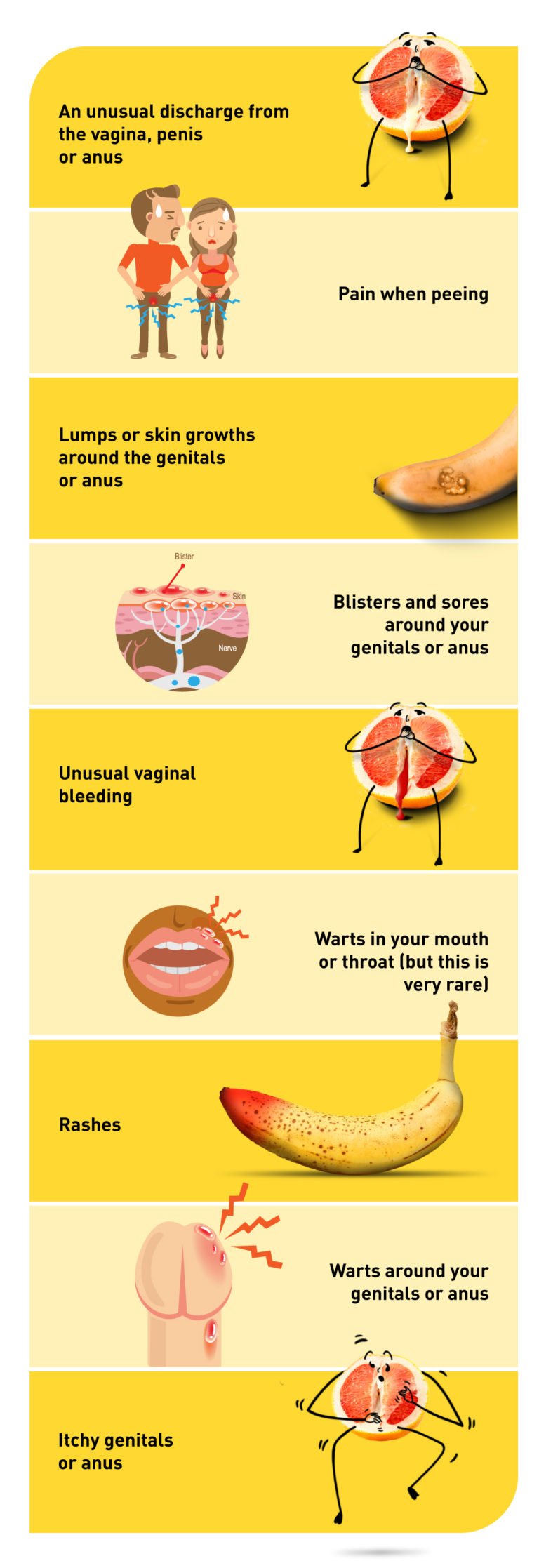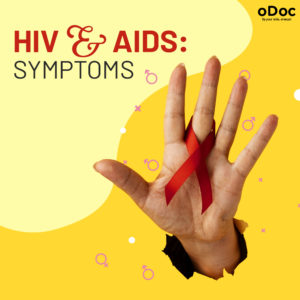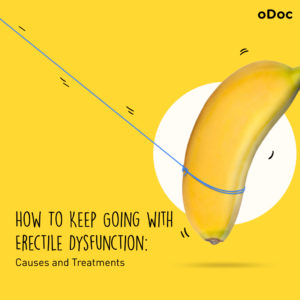Sexually Transmitted Infections And Diseases: What You Need To Know

What are STIs and STDs?
Sexually Transmitted Infections (STI) and Sexually Transmitted Diseases (STD) are usually acquired by sexual contact. The bacteria, viruses or parasites that cause sexually transmitted diseases may pass from person to person in blood, semen, or vaginal and other bodily fluids. However, these infections can be transmitted nonsexually as well. For instance, from mothers to their babies during pregnancy, childbirth, breastfeeding, blood transfusions or shared needles.
What is the difference between STIs and STDs?
It is the fundamental difference between an infection and disease. Most diseases start with infections. Infection occurs when the bacteria or virus first enters the body and multiplies, progressing it into a disease. Likewise, sexually transmitted diseases initially begin as sexually transmitted infections.
There are more than 20 known types of STDs/STIs. In Sri Lanka, annual estimates of detected STI cases vary from approximately 60,000 to 200,000, of which government clinics report only 10-15%. About half of these are detected in people aged 15-24. Luckily, most STDs can be treated and cured.

What are the most common STIs/STDs in Sri Lanka?
- Genital herpes
- Gonorrhoea
- Non-gonococcal urethritis (NGU)
- Syphilis
- Genital warts
- Chlamydia infection
What are the most common symptoms of STIs/STDs?

Why is it important to prevent STIs/STDs?
Most STDs can be cured or treated with medication. However, the consequences of ignoring it can include infertility, cervical cancer, pregnancy complications, congenital disabilities, pelvic inflammatory disease and an increased risk of HIV transmission.
How can the transmission of STIs/STDs be prevented?
The only effective way to completely prevent the transmission of STIs/STDs is abstinence. However, for sexually active persons, consistent and correct use of condoms is highly effective in preventing such infections or diseases.
Questions to ask your doctor?
There has almost always been a stigma around any STD, and it usually trickles down to anyone diagnosed with it. People also feel ashamed that they are somehow damaged. It is important to remember that only a few STDs could be life-threatening. However, with proper treatment, most of it has minimal health impacts. You can have a good life despite having an STD. The majority of it is treatable, and some are even curable. Those STDs for which there is not yet a cure, such as HIV, can still be manageable if adequately taken care of.
Here are a few questions you could ask your doctor:
Should I be checked for STIs?
Can I get an STI by open-mouth kissing?
What if I am pregnant?
Can STIs/STDs cause other health problems in women/men?
How can I prevent having STIs/STDs?
Suppose you are experiencing any of the symptoms mentioned above or need any information on STIs and how to protect yourself or get tested. In that case, you can consult a Sexual Health specialist or an on-demand GP via the oDoc app.
Reference:
What you need to know about sexually transmitted infections, MedicalNewsToday (2021)
Sexually transmitted infections (STIs), World Health Organisation (2019)
What is a sexually transmitted infection?, FPA Sri Lanka (2017)
Types of Sexually Transmitted Infections, Healthy children.org (2015)
How to Reduce Shame and Stigma When You Have an STD, Everydayhealth.com (2019)
How Can You Tell If You Have HIV? HIV.gov (2020)
STD vs STI: Common Types, Symptoms, and Treatment, State Urgent Care (2019)
Sexually transmitted infections (STIs), NHS (2021)
HIV/AIDS in Sri Lanka, The World Bank (2012)
Similar Articles...

A Comprehensive Guide to Understanding HIV and AIDS
A Comprehensive Guide to Understanding HIV and AIDS In today’s world, health awareness plays a pivotal role in promoting overall well-being. One of humanity’s most

How To Keep Going with Erectile Dysfunction: Causes and Treatments
How To Keep Going with Erectile Dysfunction: Causes and Treatments Erectile Dysfunction (ED) is a hard topic for many because it can be awkward to

Menopause Brain Fog is real: A Simple Guide with Symptoms and Treatment
Menopause Brain Fog is real: A Simple Guide with Symptoms and Treatment Women in their 40s and 50s who are just entering the end of
